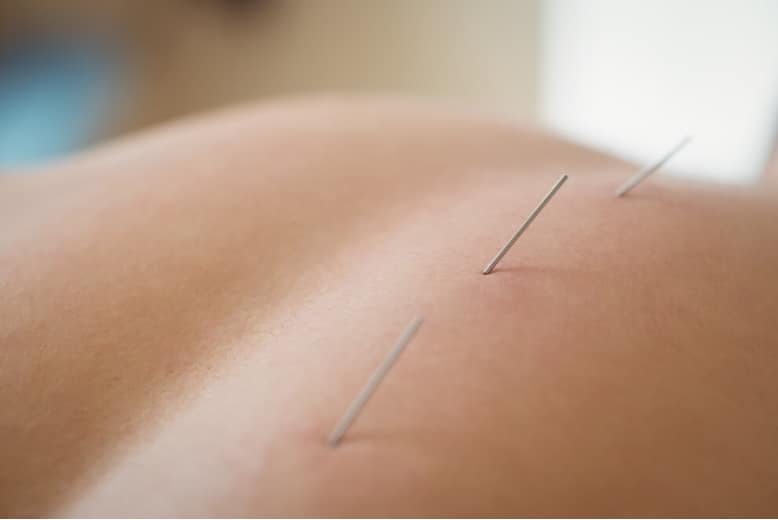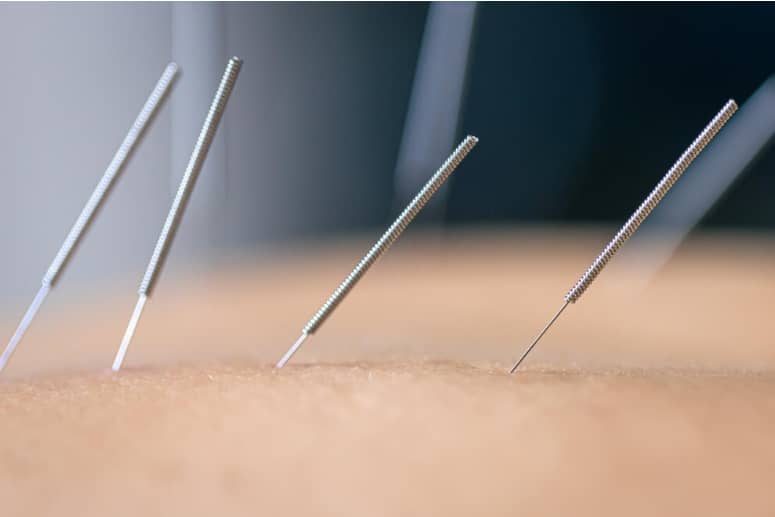
Acupuncture is a highly effective alternative healing method that provides a natural approach to managing pain, stress, and various health conditions. However, to maximize its benefits, it’s crucial to understand what to avoid after acupuncture treatment. Certain activities can interfere with the healing process and reduce the effectiveness of your session. In this blog, we’ll cover essential aftercare tips, including what to avoid after acupuncture treatment, to help you experience optimal results. By following these guidelines, you can enhance the effects of your session and support your body’s natural healing process.
Why should you not shower after acupuncture?
Avoid showering right after acupuncture to let your body’s energy stabilize and enhance the treatment’s effectiveness.
Showering immediately after acupuncture, especially with hot or cold water, can disrupt the body’s energetic changes when the treatment starts. The acupuncture points activated during your session help stimulate blood flow and calm nerves. A sudden temperature change from a shower can counteract these benefits, making it harder for your body to maintain the balance achieved through the needles. By waiting a couple of hours before showering, you give your body time to absorb the full benefits of the session, leading to better and more lasting results.
What foods should you avoid after acupuncture?
After acupuncture, it’s best to avoid alcohol, caffeine, and spicy foods to keep your body’s energy balanced.
Following an acupuncture session, maintaining a balance in your body’s energy is crucial for optimal healing. Foods and drinks that can disrupt this balance include alcohol, which can impair liver function, and caffeine, which may overstimulate the nervous system. Spicy foods can also cause excessive internal heat and disrupt the calming effects of acupuncture. Instead, choose nourishing, mild foods that support your body’s natural healing processes and help maintain the positive effects of the treatment.
Is there anything you shouldn't do after acupuncture?
Avoid strenuous activities, alcohol consumption, and eating heavy meals immediately Body Hurt After Acupuncture Treatment to maximize healing.
After an acupuncture session, it’s essential to allow your body to rest and recover. Engaging in strenuous physical activities can be counterproductive, as it may lead to increased blood flow and muscle activity that disrupts the calming state your body enters during treatment. Additionally, consuming alcohol or heavy meals soon after can interfere with the digestive and detoxifying processes that acupuncture stimulates. Keeping activities light and meals simple helps maintain the serene and balanced state needed for effective healing.

Should you drink water before acupuncture?
Drinking water before acupuncture is recommended to help your body respond better to the treatment.
Hydration is key to ensuring your body’s systems function optimally, which is crucial for acupuncture. Drinking water before your session can enhance your body’s ability to detoxify and circulate nutrients and oxygen needed for healing. Proper hydration helps maintain good blood flow, which assists in the effectiveness of the needle placements by making the body’s response more receptive to the stimulation of energy points.
Should you drink a lot of water after acupuncture?
Yes, drinking plenty of water after acupuncture helps flush out toxins released during the session.
Acupuncture can stimulate the release of toxins from your body’s tissues, which are then processed by your liver and kidneys. Drinking a lot of water after your session helps your body flush out these toxins more efficiently. Hydration also supports overall circulation and helps sustain the equilibrium in your body’s energy system, which acupuncture seeks to achieve. This is crucial for enhancing the healing process and ensuring that the benefits of the treatment are prolonged.
Why not brush the tongue before acupuncture?
Avoid brushing your tongue before acupuncture to maintain the natural state of your body’s indicators.
In traditional Chinese medicine, the appearance of the tongue is a key diagnostic tool. The color, texture, and coating of your tongue can provide vital clues about your internal health. Brushing your tongue before an acupuncture session might alter these signs, making it harder for your practitioner to accurately assess and address your health concerns. Keeping the tongue in its natural state helps the acupuncturist make a more accurate diagnosis and tailor the treatment to your specific needs.
Conclusion
To maximize the benefits of acupuncture, avoiding showering, certain foods, and strenuous activities immediately afterward is crucial. Staying hydrated and following these tips will help enhance your body’s healing response and prolong the positive effects of the treatment.

